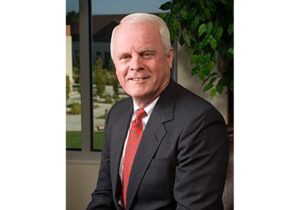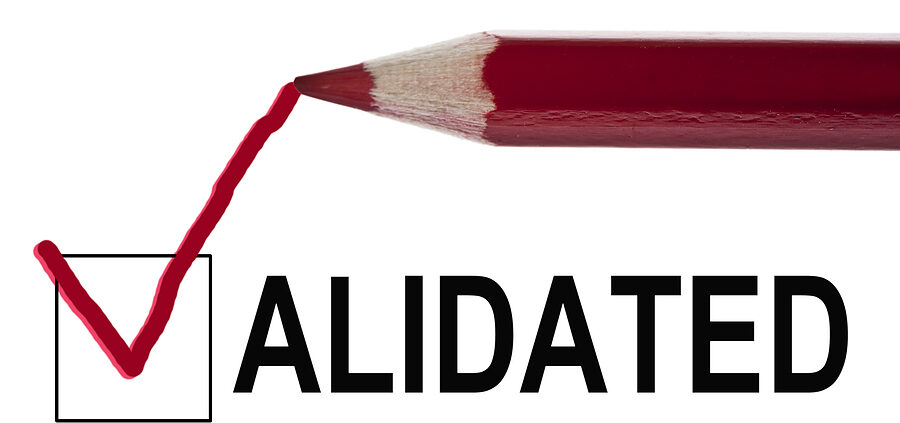Another Wrong Motive for Preaching
Another Wrong Motive for Preaching
In the last post we considered how some preachers need approval, and one of the ways they try to get it is to choose a public kind of work, like preaching, where people will tell them how good they are. That’s a wrong motive for preaching. Another wrong motive for preaching is our topic for this post: to get validation.
Validation Explained
Some people around you seem to need or desire to be praised by others. In the words of psychiatry, they have a need for validation. Here are some of the symptoms of such a person, according to healthshots, a mental health website.
Examples of this behavior include:
Fishing for compliments by pointing out achievements and seeking validation
Being controversial to provoke a reaction
Exaggerating and embellishing stories to gain praise or sympathy
Pretending to be unable to do something so someone will teach, help, or watch the attempt to do it.
Validation is a Wrong Motive for Preaching
 As you likely have recognized, this is very close to seeking approval, but there is a slight difference. Success impresses people. This is true in the Church world as much as in the secular world. Here are some ways we define success in the Christian world.
As you likely have recognized, this is very close to seeking approval, but there is a slight difference. Success impresses people. This is true in the Church world as much as in the secular world. Here are some ways we define success in the Christian world.
- A person who is successful heads up the largest church in the region.
- People see the leader of the fastest growing church in your area or denomination as successful.
- The successful person draws the largest crowds to a crusade.
- Etc.
Here’s the point. When we hear people praise “successes” like this, we conclude that our value will only be validated only when I am equally successful. And if I am not hearing people say such things to me, them maybe I’m not as valuable to God as I wanted to be.
The Wrongness in This Motivation
So, what’s wrong if this drives us to greater things for God’s glory? Why is this another wrong motivation for preaching the Word?

Gordon MacDonald
One of my favorite authors over the years is Gordon MacDonald. He is a pastor, preacher and leader (now retired) who has experienced success and failure in his ministry and personal life, and writes about both honestly. I’m going to quote him at length from his book, Building Below The Waterline.
I recall the words of a chapel speaker during my seminary days who confused us by saying, “Don’t aspire to high leadership unless it is thrust upon you.” At the time that didn’t make sense to me, especially since we students were constantly being told in subtle (and not so subtle) ways that the successful leader is clearly a person upon whom God’s pleasure rests.
So I, like others, fantasized about pastoring a large church. And by the time I was in my mid-thirties, I’d been “blessed” with the fulfillment of that dream. By then I knew what the chapel speaker meant: there is little joy or prolonged satisfaction in high leadership if achievement is your motivation. (p. 49)
So What Do You Do To Avoid This Wrong Motive for Preaching?
That’s the question. What do you do if you recognize a need for approval or for validation? Here are some steps  for you to consider as you think about this:
for you to consider as you think about this:
- Take it to the Lord in prayer.
- Confess your sin of wanting glory for yourself in addition to glory for God.
- Admit this to a friend, a really good friend. Ask for them to check in with you occasionally to see how you are doing with this.
- If you find that this is a deeply rooted motivation for your work, engage a professional counselor to help you find the roots of this in your life.
Here are five more steps, recommended by a counseling website:
1. Ask yourself why you’re seeking someone’s approval.
As a first step, Dwoskin suggests asking yourself why you’re seeking someone’s approval before doing so by asking the following questions. In many cases, you’ll find that you don’t actually need the other person’s approval — and recognizing this fact is a step towards overcoming approval addiction.
Ask yourself why are you seeking someone else’s approval.
2. Reframe others’ opinions as merely stories, not statements of fact.
By thinking of others’ opinions as interpretations of, rather than definitions of, the truth, you’ll decrease their power over you. This will help you break away from allowing others to define your self-worth for you via their opinions. Related to this point, finding people who support you will also help you break free of approval addiction. This doesn’t mean that those who support you can’t criticize you when warranted; it merely means that your community should generally support your aspirations and identity.
3. Define what you want and pursue it.
Clearly defining what you want for yourself and boldly pursuing those goals will help you focus on yourself, rather than what others think of you. This will help you block out the noise of others’ opinions and be true to yourself.
4. Replace irrational beliefs with positive ones.
Ellis and Harper contend that irrational beliefs cause distress and emotional problems, including approval addiction. If you believe that you need approval in order to love yourself and feel that you’re valuable, that will become the case. To break out of this mindset, Ellis and Harper suggest replacing these beliefs with new, rational beliefs. As an example, you could say, “I’d like people’s approval, but it’s not a necessity. I’d rather accept myself as I am.”
5. Develop — and repeat — a self-affirming mantra.
Writing for Psychology Today, Elliot D. Cohen, Ph.D. suggests developing a self-affirming mantra to “[r]eframe the misguided assumption that approval will somehow bring you self-worth, dignity, and happiness.” He suggests the following self-affirmations to remind yourself of your worth:
- “I am a worthy person whether or not I have the approval of others.”
- “I am a person who has free will and can determine the direction of my own actions without being driven by the demand for approval.”
- “I am a rational, self-determining person with inherent worth and dignity.”
Breaking free of approval addiction can help you live a more authentic life, ignore the noise of others’ opinions (especially when they’re negative) and improve your mental health. With these tools at your disposal, you’re well on your way to breaking free of approval addiction and living a more authentic life.
We’ll explore this subject further in the next post.



